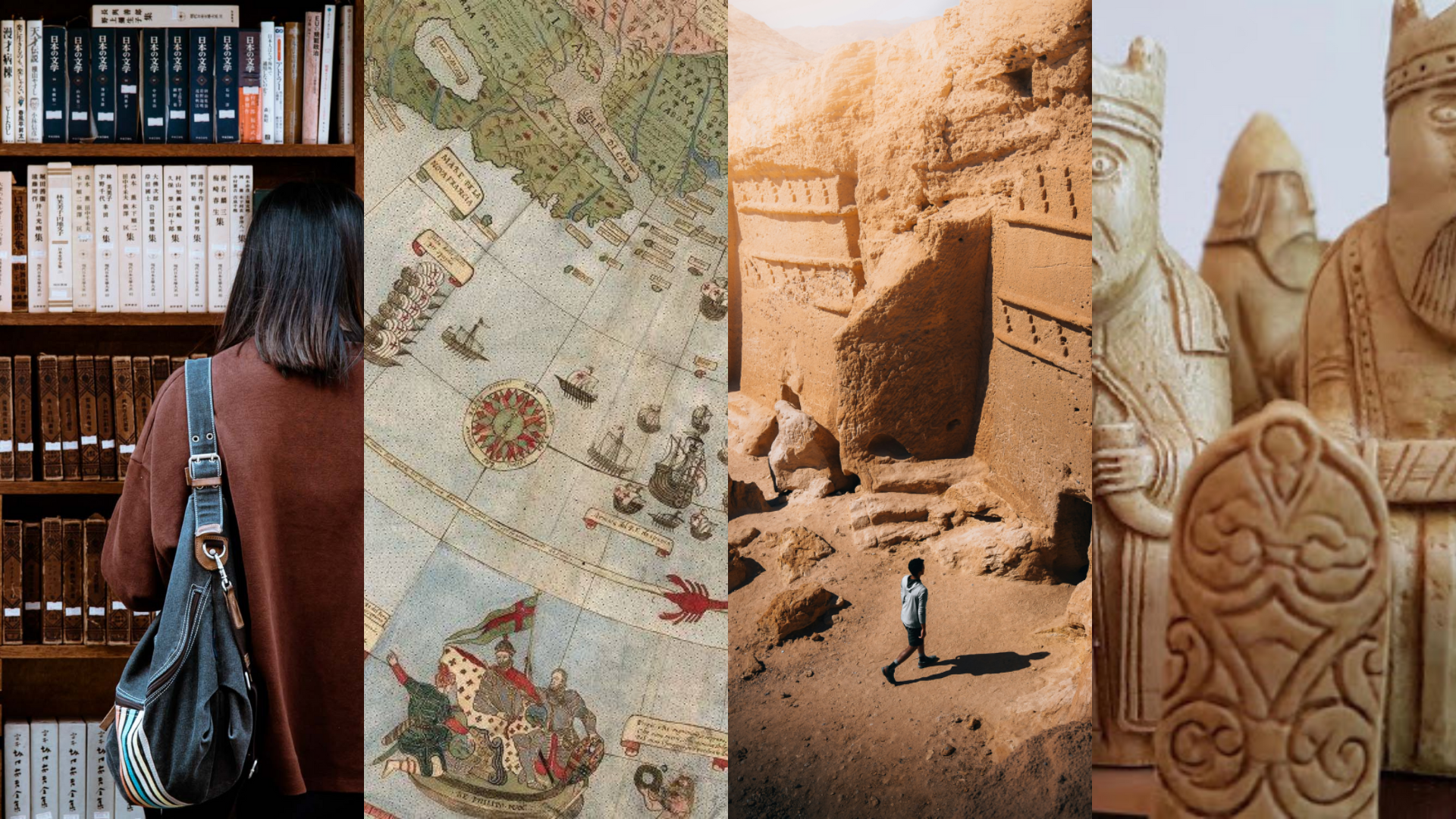An Exploration of American Deaf History


For Caroline Cassinelli, the History Honours thesis is much more than just an academic paper. In fact, the research that Caroline is embarking on will connect her even more deeply to the community that her mother and uncle belong to, and one that she has always been interested in— the Deaf community. Caroline, who is originally from Portland, Oregon, is looking at American deaf cultural history over the past century through an analysis of media such as film, television, and visual art and will be exploring the evolving representations of this community, as well as the responses to it from the perspectives of her mother and others within her community. Caroline is adopting an inclusive perspective to deaf history where she recognizes a spectrum of hearing loss and she will be using the term d/Deaf/HoH to guide her research. This term distinguishes the varied experiences of the Deaf community including those who do not identify with a sense of deaf culture or pride represented by ‘d”, those who do identify with a sense of deaf culture and pride represented by “Deaf”, and those who are hard of hearing represented by “HoH.”
Completing a major research project in fourth year university could seem daunting, but Caroline feels fully supported at UBC. She enjoys attending seminars and working alongside an encouraging group of students that make up her UBC History Honours cohort. She also connects regularly with alumni from the Honours Program who have been helpful and willing to share their tips on how to survive the research process. In addition, much of Caroline’s enthusiasm for history comes from the professors she has had over the years. It was Professor Tara Mayer’s “History of India: Raj to Republic” course which drew her into the discipline and introduced her to the importance of ethics. Caroline recalls a class when Dr. Mayer held focus groups for students in order to discuss the ways in which emotionally distressing material (such as photos of the Bengal famine of 1973) could be both instructive and destructive in the teaching of historical knowledge. Caroline also learned the value of approaching history from a different angle in Professor Coll Thrush’s “American Colonial History” course. Dr. Thrush discusses American colonial history from the Indigenous perspective which explores a more “silenced” viewpoint on this topic and was a shift from the way Caroline had learned it back in high school in Portland years before.
Caroline appreciates the relationship she has built with her advisor Professor Robert Brain, a professor of history specializing in science, technology and medicine. In their meetings, Dr. Brain is always happy to share his wide knowledge of history and is willing to learn alongside Caroline about a new, unknown topic and help guide her along the research path. Caroline has also connected with two scholars outside UBC—Haley Gienow-McConnell (York University) and Jaipreet Virdi (University of Delaware)—who work on aspects of American deaf history and have provided helpful resources to forward her research. They are also on the same page as Caroline—agreeing that the spectrum of deaf identity is complex and needs more balanced and inclusive portrayals of the communities and individuals involved in deaf history going forward.
Caroline’s emphasis on the differences that exist within the Deaf community by incorporating the term d/Deaf/HoH and deciphering between identities throughout her thesis is a small step she is making towards a more diverse understanding of deaf history. In this process, she has also had to analyze her own positioning within the research. Although Caroline is connected to family and community members who are part of the d/Deaf/HoH communities, she is aware that she herself is not deaf or completely immersed in any of these communities. She struggled with this concept and even considered abandoning the topic altogether. Ultimately, she felt this history was important to tell and decided the best way she could deal with this was by opening up about this concern and being transparent in her thesis about her position as a hearing person who has family members in the Deaf community.
Caroline is currently busy working on her research and plans to defend her thesis in April 2019. The personal connection she has to her research inspires her to continue to work hard and create a piece of work she will be proud of. “Having a personal connection to your research makes sense, especially if you will be working on something for a long time,” says Caroline. “I think that while academia has often traditionally emphasized objectivity in one’s work, it has also opened up more to personal discussions and reflections, and people often are interested in reading work that they know you are passionate about.” In addition to her thesis work, Caroline is busy working as the co-editor for The Atlas, the Undergraduate Journal of World History, serves as an executive member of the History Students Association (HSA), and can be found dancing and singing in UBC’s Musical Theatre Troupe.
For more information:
Jaiprett Virdi (University of Delaware) – https://jaivirdi.com/
What is the difference between a person who is “deaf”, “Deaf,” or “hard of hearing”? https://www.nad.org/resources/american-sign-language/community-and-culture-frequently-asked-questions/


